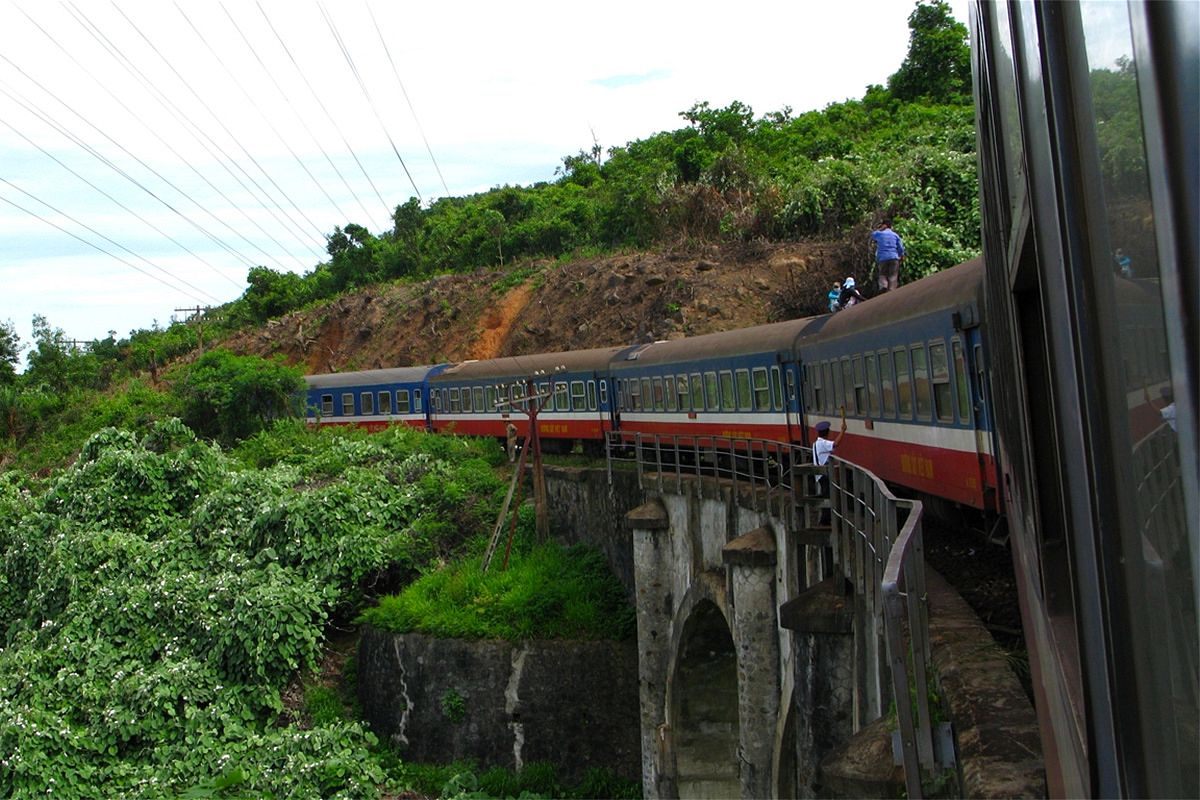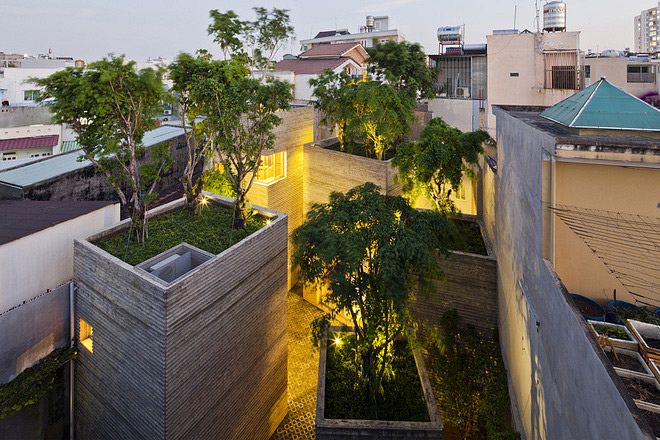The long-delayed project is expected to be actualized, beginning in 2020.
During the ministry’s year-end review meeting on January 18, Deputy Minister Nguyen Ngoc Dong, citing research conducted by Japanese International Co-operation Agency (JICA) and Transport Engineering Design Inc. (TEDI), announced that the entire North-South express railway project could cost more than US$50 billion, reports Thanh Nien.
According to the proposal, the system will make use of a double track standard gauge (1,435 millimeters). Its track network will also be completely independent of the existing North-South Railway line. Developers have also suggested using Japan's Shinkansen bullet train technology to significantly reduce travel time.
The first stage of the standard-gauge double-track railway will be built from 2020 to 2030, with operational speeds of 160 to 200 kilometers per hour. Officials hope the entire North-South line will be finished by 2050 and achieve speeds of 350 kilometers per hour. This could eventually cut down travel time between Hanoi and Saigon to below eight hours compared to some 30 hours like right now.
The project was proposed in 2007 and later rejected due to high cost, but then re-established in 2010. A possible strategy to overcome the cost, according to Vu Anh Minh, Chairman of Vietnam Railways Cooperation (VNR), is to divide major project into smaller sections of US$5-7 billion each. Sections with high demand such as Ho Chi Minh City-Nha Trang or Hanoi-Vinh will be prioritized.
Moreover, over the past few years, the decline in popularity of railway travel certainly didn't help bolster the case for upgrading the North-South train network. Dan Tri shares that in 2016, the number of train passengers in the whole country dropped 15% compared to 2015, meaning Vietnam's railway industry only served 9.8 million commuters in 2016.
Nevertheless, the deputy minister also promised that the ministry will finalize a report to be presented at the National Assembly in 2019 to receive approval for an investment policy.
[Photo via Go Vietnam]














